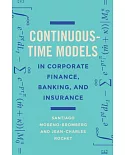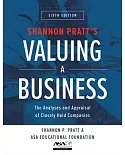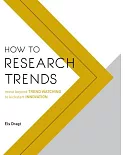The challenge faced by family businesses and their stakeholders, is to recognise the issues that they face, understand how to develop strategies to address them and more importantly, to create
narratives, or family stories that explain the emotional dimension of the issues to the family. The most intractable family business issues are not the business problems the organisation faces,
but the emotional issues that compound them. Applying psychodynamic concepts will help to explain behaviour and will enable the family to prepare for life cycle transitions and other issues
that may arise.
Here is a new understanding and a broader perspective on the human dynamics of family firms with two complementary frameworks, psychodynamic and family systematic, to help make sense of
family-run organisations. Although this book includes a conceptual section, it is first and foremost a practical book about the real world issues faced by business families.
The book begins by demonstrating that many years of achievement through generations can be destroyed by the next, if the family fails to address the psychological issues they face. By
exploring cases from famous and less well known family businesses across the world, the authors discuss entrepreneurs, the entrepreneurial family and the lifecycles of the individual and the
organisation. They go on to show how companies going through change and transition can avoid the pitfalls that endanger both family and company. The authors then apply tools that will help
family businesses in transition and offer their analyses and conclusions.
Readers should draw their own conclusions from careful examination of the cases, identifying the problems or dilemmas faced and the options for improved business performance and family
relationships. They should ask what they might have done in the given situation and what new insight into individual or family behaviour each case offers. The goal is to avoid a bitter
ending.





















